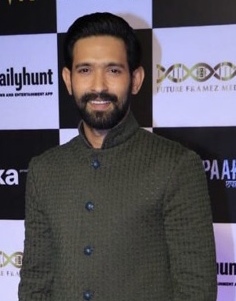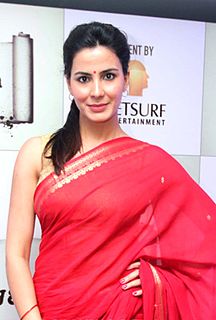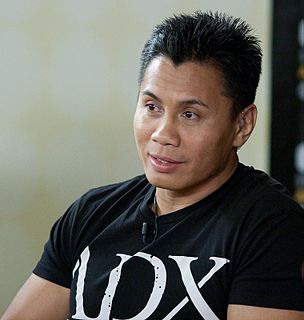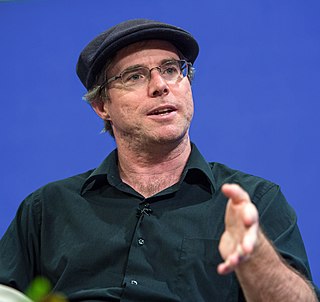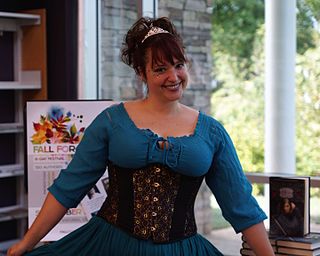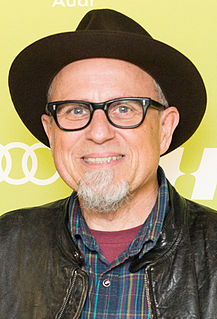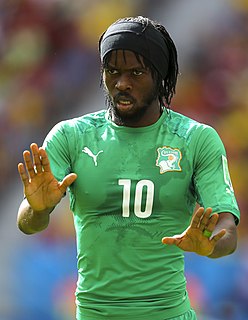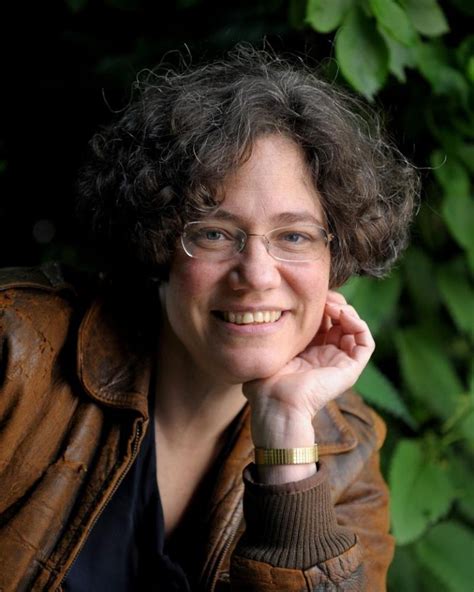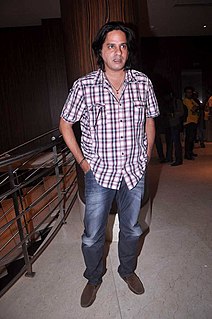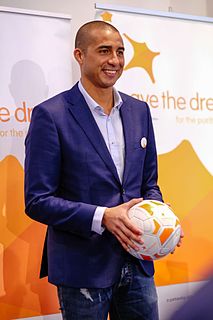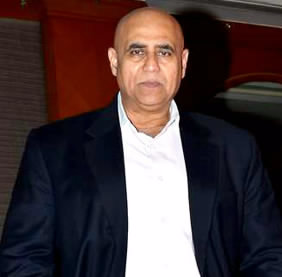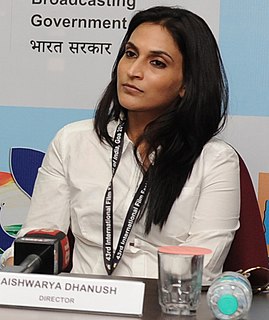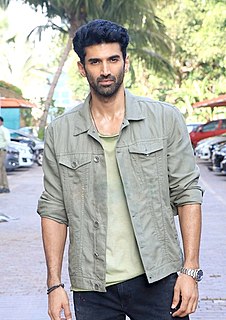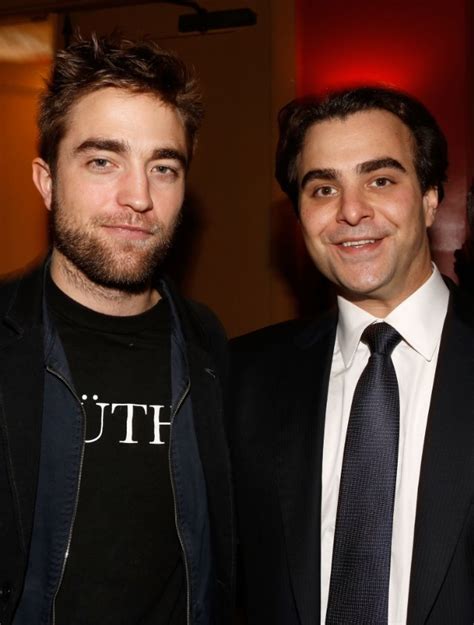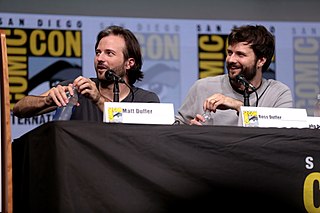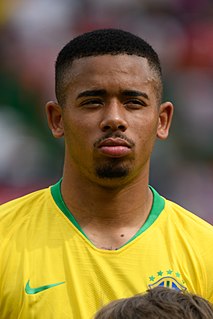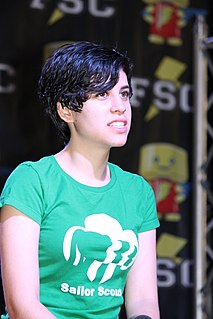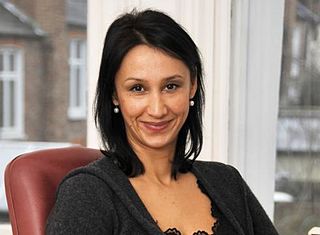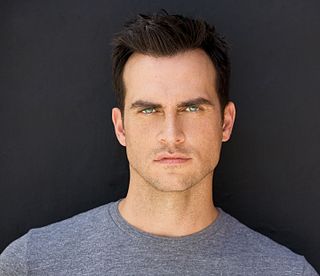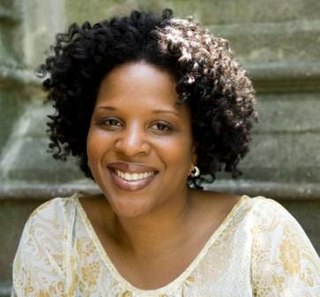Top 288 Protagonist Quotes & Sayings
Explore popular Protagonist quotes.
Last updated on April 14, 2025.
Creativity is basically a feminine process. I'm convinced that we have in our soul, everybody, this masculine side and this feminine side. So at the end of the day, you always use this feminine creative energy to write or to do any type of art or creativity. So if I see that my protagonist is feminine, it's not more difficult, no. And even when my protagonist is masculine, I'm writing from using this feminine energy.
If I have a male protagonist, it's a studio movie, and if it's a female protagonist, it's an indie movie. That's just how it is. It's not about the studios. It's about America and who goes to see movies. Women are interested in men and women, and men aren't interested in the woman's story. They just aren't.
Even if you make a movie about a criminal locked up in prison, you may not support him as a criminal, but you have to like him on some level. You have to love your protagonist and respect him. He will only open his heart to you when he believes that you are treating him with respect, with love. Only then will there be no more walls between the filmmaker and the protagonist.
First person allows deeper insight into the protagonist's character. It allows the reader to identify more fully with the protagonist and to share her world quite intimately. So it suits a story focused on one character's personal journey. However, first person shuts out insights into other characters.
Also, getting the chance to play a supporting part meant that I didn't have to do as much as the protagonist, such as running around telling the story. [As the protagonist] you push the story whereas, paradoxically, as a character part, you have a chance to explore some of the nuance and some of the more complicated aspects of a character.
The first thing our Chapman screenwriting professors taught us was that all stories share one thing in common: there is a protagonist, and that protagonist has a goal that he or she has difficulty achieving. Does Luke Skywalker become Luke Skywalker if he doesn't get pulled into the Death Star, if his best friend isn't turned into carbonite?
I really loved ["The Love Affairs of Nathaniel P" by Adelle Waldman]. It's having a really hot moment. Unlike many hot books, it's actually really wonderful. I tend to have that reaction: I don't want to read it if everyone thinks it's cool. It was a really interesting insight into being young and male. Now that made me feel really thankful for my boyfriend and really thankful because he wasn't like that protagonist, but I know so many people who are like that protagonist.
A conventional ‘success’ story is one where, with each next, the protagonist has more money, more respect, and more possessions. I’d like to suggest an alternative ‘success’ story – one where, with each next, the protagonist is closer to finding that spot where he’s no longer held back by his heart, and he explodes with talent, and his character blossoms, and the gift he has to offer the world is apparent.



